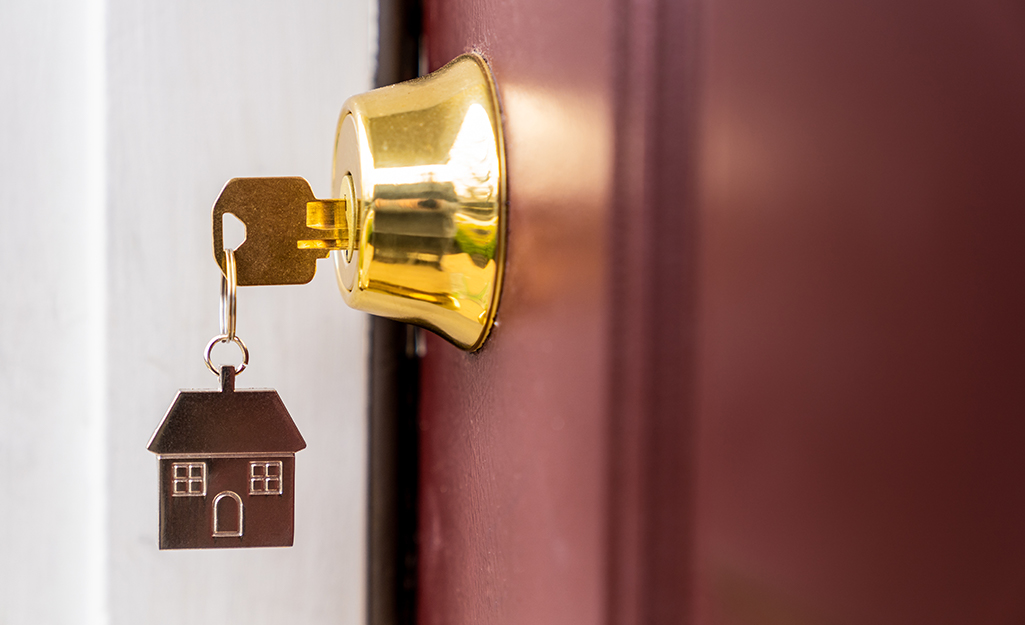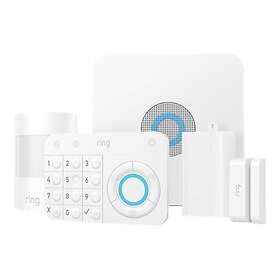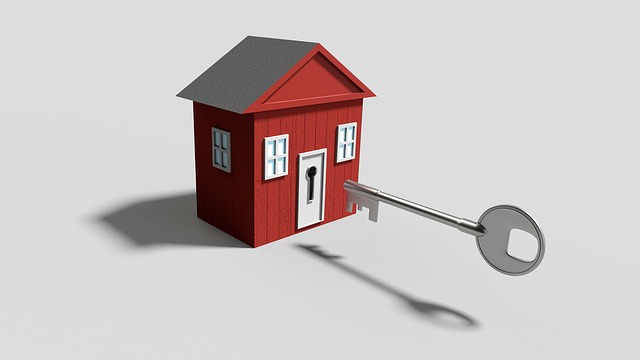
Home security systems offer homeowners a variety of benefits, such as protection against theft and break-ins. Insurance Information Institute reports that it may also allow you to save on your homeowners insurance. The video footage can be used to help the police investigate a break-in and you can make a claim on your insurance.
How to Choose a Good Home Security System
Doing your homework is important if you're looking for a system that can provide the most protection to your home. The more you research, the better you will be off.
You should tailor the system to your needs, whether you are a home owner or a tenant. It must have the features needed and should be simple to use.
Many home security systems are compatible with popular smart hubs like Amazon Alexa and Google Home, so you can control them through voice commands. Before you purchase a new system, it's crucial to check how well it works with the smart devices that you already have. This can save you money and time in the future.

Modern security systems are dependent on broadband for proper operation, but it may not be possible for everyone. SimpliSafe uses cellular technologies.
It can be more costly than Wi-Fi and other internet-based systems, particularly in rural areas. You should choose a system with a 24/7 monitoring service and a broadband connection that is reliable.
What to Look for in Reviews
You can find many different review sites for home security on the internet, so you need to pick one that is trustworthy. It should be a reputable source that is well-known in the industry, and it should offer unbiased reviews that are not biased toward any particular brand or product.
Each section should clearly explain what the reviewer believes about a specific product. This will allow you to see what the system is really worth.
You should find a simple score chart that compares all the features of a system. This chart allows you to quickly compare a security system with the rest of its competitors and make an informed choice about your next purchase.

These reviews will be more accurate than those of home security experts because they are written by consumers.
The best reviews should be able answer your questions. You will also get useful information on how to choose the right home security system.
High Security Homes
If you are searching for a premium security system, consider installing a luxury security system. These systems typically come with state-of-the-art equipment and installation, and they will be guaranteed to keep your family safe.
FAQ
Which home security system is better? Home security cameras or security systems?
Home security systems work better than home security cameras, as they can detect sounds and movements even when no one is in the area where the system is installed. However, home security cameras can be mounted on doors and windows easily and are less expensive than home systems.
What is the best wireless security device you can purchase?
D-Link Wireless Security System has been my top choice for wireless security. It is one the most affordable available. All you need in one package. It includes a camera and motion sensor as well as a remote control. It is easy to connect it and follow the instructions.
Which home security system is easiest to install?
They don't even require installation. These are the best home security system. These are "plug-and-play" systems that work like magic. All you need to do is plug them into the power outlet, and then connect them to the internet using a wireless router. Once they are connected, you can control everything from any location in the world.
Do motion sensors come with alarms?
There have been motion sensor alarm systems for decades. They have grown in popularity due to increasing burglaries and thefts. These alarms are too costly and won't work in cabinets. But if you want your home to be protected from intruders, a motion detector alarm system is worth looking at.
Statistics
- Related questionsHome security systems that are 100% DIY (safewise.com)
- Cove sets you free without punishing penalties and fees, unlike other security solutions that charge 75% to 100% of your remaining contract. (safewise.com)
- Unlike other online safety services that charge up to 100 percent of your monthly fee, Cove charges no upfront fees and has no hidden costs.
- Depending on your insurance, 24/7 professional monitoring may qualify you for as much as 15% off your premium. (safewise.com)
External Links
How To
How to Install Smart Home Wireless Security System
How to install a smart security system for your home
It is important to determine what level of security you desire for your home. There are many types of security systems, including motion sensors, keypads and cameras, as well as alarm systems. The most common types of security systems include:
-
Door Locks - These locks are great for keeping your house secure and preventing anyone from getting in without your permission. There are two types of deadbolt locks: lever locks and standard deadbolt locks. Lever locks are simpler to use than the standard one.
-
Motion Sensors - This is another great way to control who comes into your house. It acts like a normal light switch. However, it will turn on and off when there is movement near it. Motion sensors can be equipped with a camera that sends images back from your phone if it senses movement.
-
Keypad – You can also use a keypad to enter codes remotely. If you forget your keys or leave them in your car, you can use the keypad to open your garage.
-
Cameras - While most people view cameras as surveillance tools, there are many ways you can use them. For example, you could set up a camera outside your front door and watch it live via your smartphone. Or you could set your camera up to automatically take photos every few seconds and store them on your computer. Then you can review these pictures later whenever you want.
-
Alarm Systems - A alarm system alerts you when something is happening. These systems send a signal to your email or phone. You can view the video and see what happened after you get the notification.
-
Smoke Detectors. Although smoke detectors are not required in all homes, many should. These detectors are easy to install and inexpensive.
-
Flood Detectors Flooding is a serious threat to homeowner's homes. Flooding is the most destructive natural disaster. Therefore, flood detectors are essential to protect against this threat.
-
Carbon Monoxide Detectors - The carbon monoxide detectors are an important safety device, but they're often forgotten. This gas is both odorless (and colorless) and extremely dangerous. A CO detector is vital to your safety and that of your family.
-
Water Leak Detectors-Water damage is the worst thing that could happen to homeowners. Many people aren't aware of how to check for leaks, and don't do so until it's too much too late. It's because leak detectors can be a valuable addition to any property.
-
Burglar Bars – Burglars don't like houses that appear empty. It is possible to deter potential thieves by adding burglar bars around windows and doors.